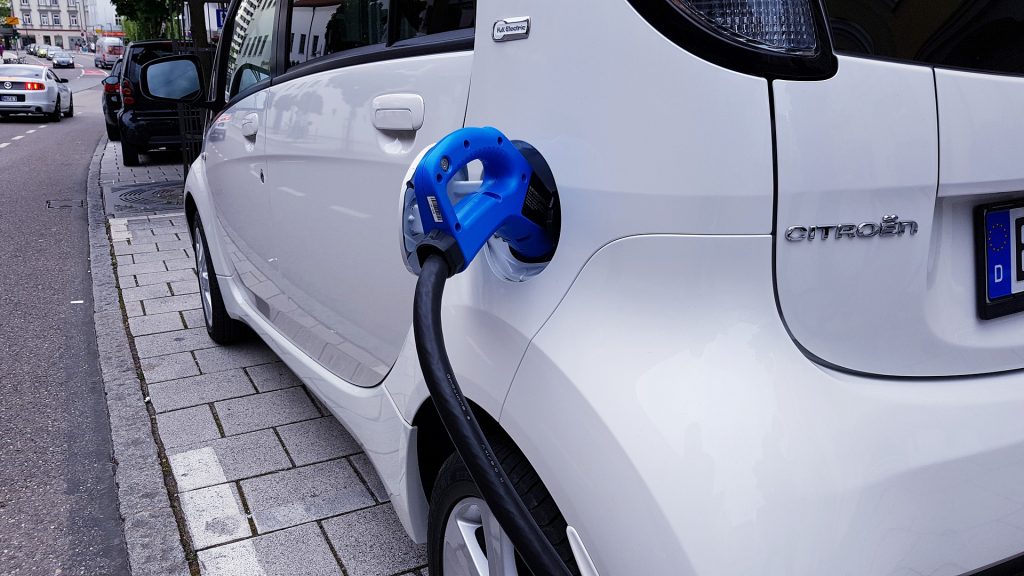Can You Use a Standard Socket to Charge Your Car?
As Britain’s drivers are gradually going green, we’ve seen an increase in demand for our car electrician courses. Designed for those working with electric or hybrid vehicles, our courses provide you with the skills and expertise needed to safely repair or service electric and hybrid cars. And with more than 373,000 plug-in models on UK roads at the end of October 2020, it’s easy to see why Eintac’s car electrician courses are proving so popular.
Mechanics and automotive technicians may find that drivers of electric or hybrid cars turn to them with queries about their vehicles. Our car electrician courses will equip you with the knowledge you need to confidently answer any questions, and will make sure that your customers or colleagues can always trust your electric vehicle expertise.
One common question is whether it’s possible to use a standard socket to charge an electric or hybrid car. The answer is yes – but let’s explore this in more detail.

You can charge your car using a standard socket
It’s possible to charge an electric or hybrid vehicle via a regular domestic three pin socket. Charging overnight at home is the best way to start the morning commute or day’s drive with full power. Overnight charging can also save drivers money. This will help them take advantage of cheaper night time energy rates.
Many workplaces, service stations and public car parks now offer EV charging too. This means drivers can keep their “tank full” when travelling away from home.
A dedicated home charger is the best option
Although electric vehicles can be charged through a standard socket at home, a dedicated charger is a smart investment for drivers. Specialist home chargers can deliver around 7kW of power, whereas electric vehicle manufacturers often limit the current that can be drawn from a domestic socket.
A dedicated home charger could provide around three times as much power compared to charging through a standard socket. It will also charge the vehicle faster, reducing household energy bills.
And when it comes to safety, a home electric vehicle charger is the best option. This is because they are designed to be used over long periods, for example overnight. The socket on a charger is also more durable and better protected from the elements. So, bad weather needn’t be a concern.
To make home charging more affordable, drivers may be eligible for a grant to cover up to 75% of the cost of installing a charger. So investing in a home charger can be less expensive than drivers might think – and will save them money in the long term by making charging quicker and cheaper.
Learn even more on our car electrician course
Your car electrician course from Eintac will give you the answers you need to every EV driver’s questions. Our aim is to equip professionals with the skills for safe working in any environment, creating electric vehicle experts whose knowledge, drivers can rely on.
Our car electrician courses are delivered by a network of carefully selected third-party training providers. They are available for all levels and abilities, and most can be completed either onsite or online. This gives you the flexibility to study at a time that suits you.
Find out more about the car electrician courses we provide, and complete an enquiry form to begin your application.